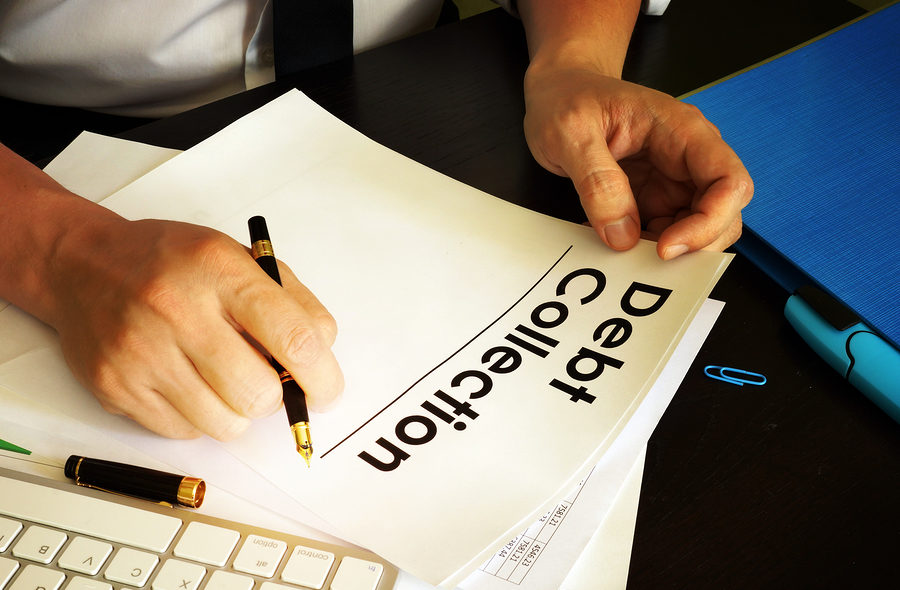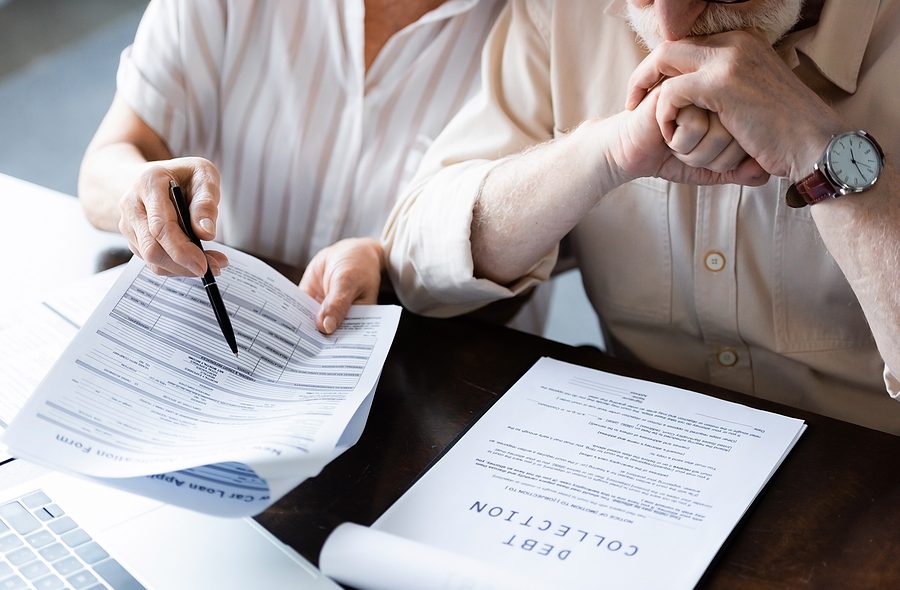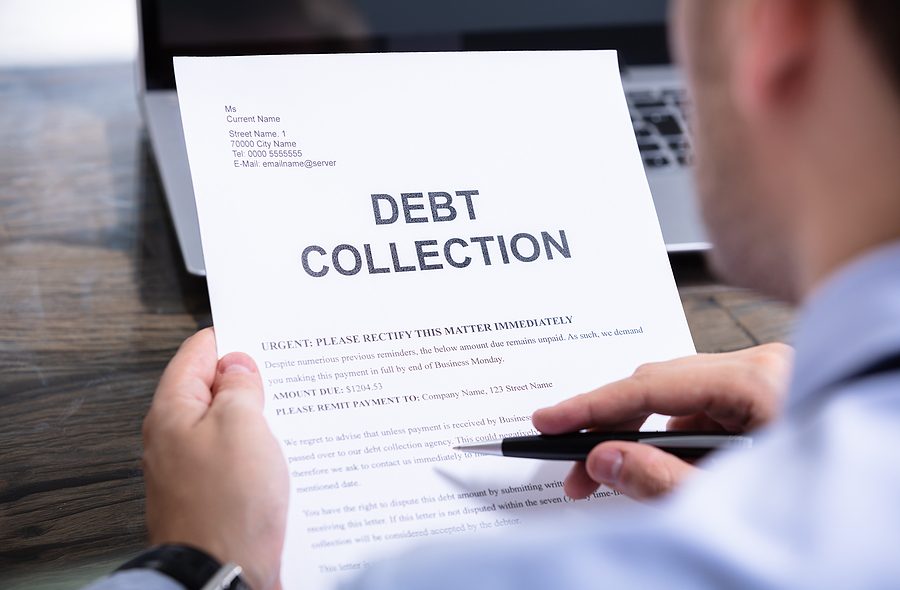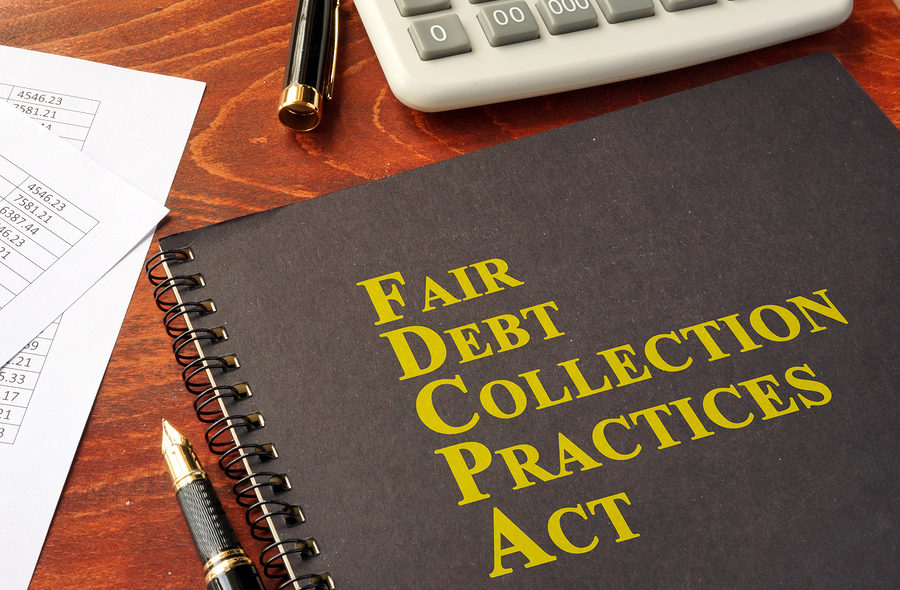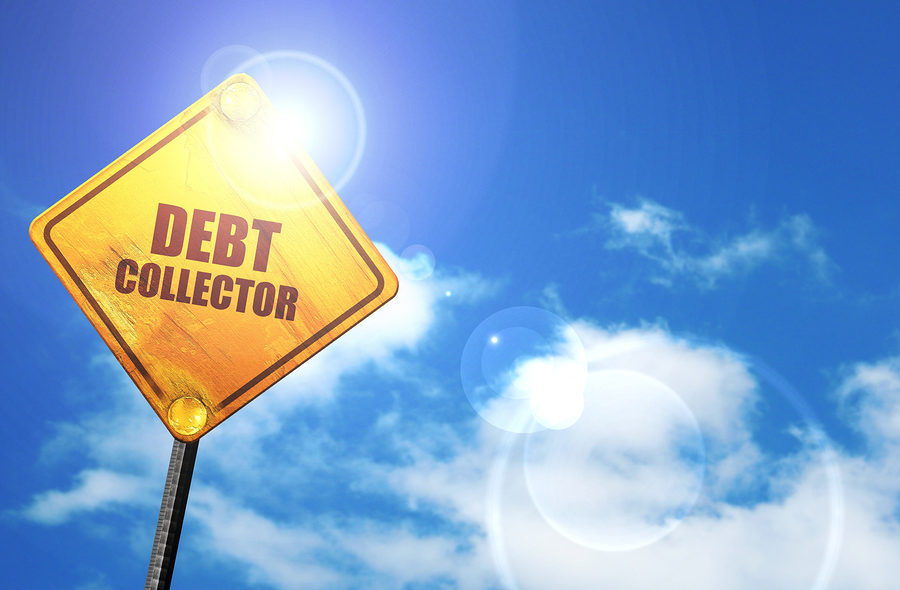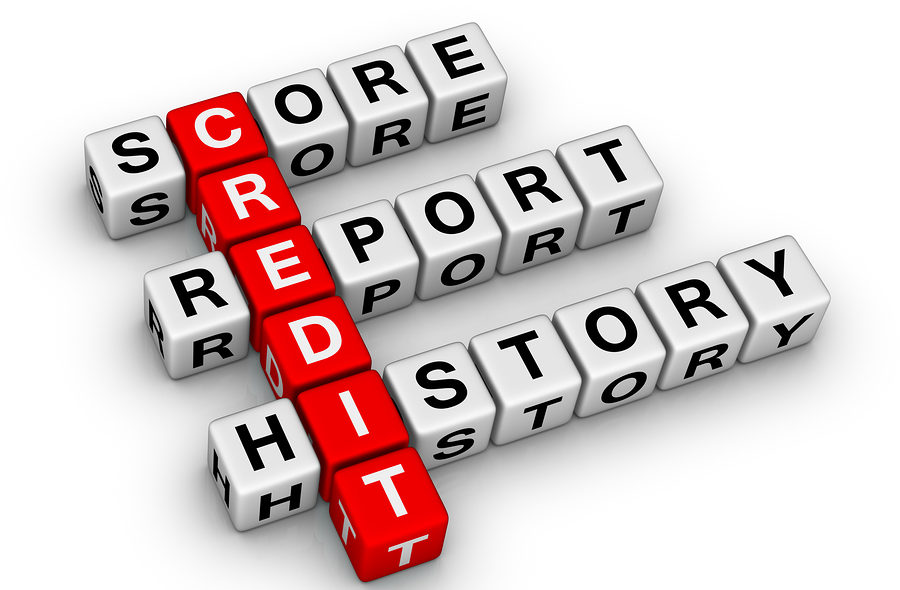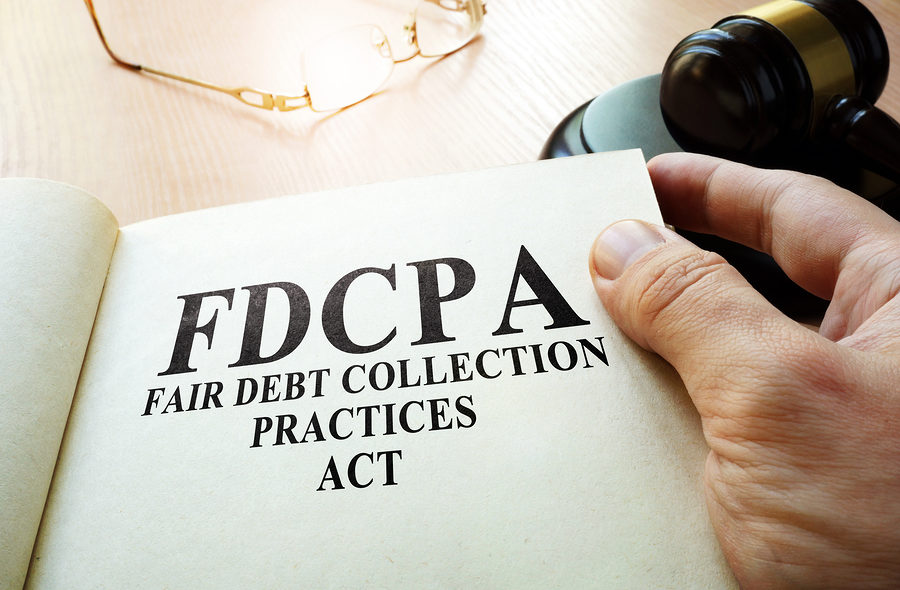Debt collection is a profitable business in the U.S., but not all debt collectors follow legitimate, legal collection practices. According to officials from the Federal Trade Commission (FTC), most consumer complaints made annually involve illegal debt collection practices, which is why they have made recent efforts to crack down on these types of tactics.
In response, the FTC has launched a multi-agency campaign called “Operation Corrupt Collector.” This crackdown campaign focuses on educating consumers on how to identify illegal debt-collection practices, as well as enforcement against debt collectors who are found to be breaking the law.

